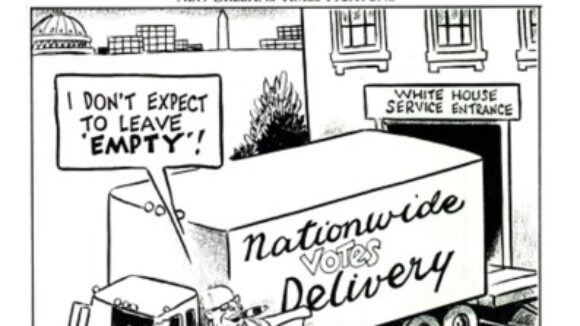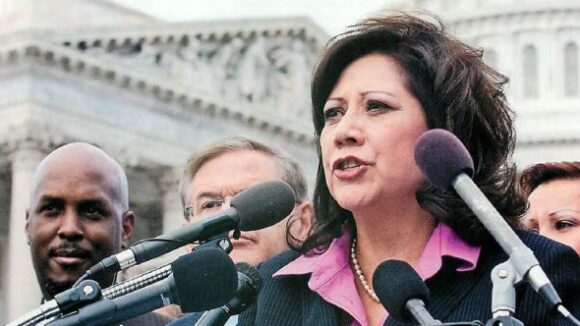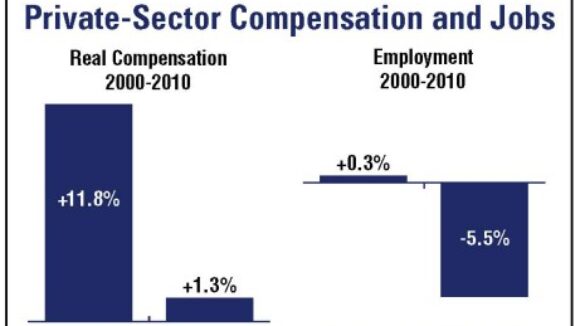SEIU Boss Indicted
After a four-year investigation, federal authorities have charged the former powerful SEIU union boss with corruption. The Los Angeles Times describes Tyrone Freeman as "a rising young star in the national labor movement, already the head of California’s biggest union local and a force in Democratic politics from Los Angeles to Washington, D.C." The Times reports:
Freeman’s quick climb up the ranks of the powerful Service Employees International Union burnished his reputation as an effective advocate for the disadvantaged, a man who helped improve the lot of about 190,000 workers paid about $9 an hour to provide in-home care for the infirm.
On Tuesday, however, Freeman was indicted on federal charges of stealing from those workers to enrich himself, including by billing the union for costs from his Hawaii wedding.
The 15-count indictment secured by the U.S. attorney’s office in Los Angeles also alleges that Freeman violated tax laws and gave false information to a mortgage lender. If convicted on all counts, he could face maximum prison sentences in excess of 200 years.
The charges resulted from a nearly four-year investigation by the U.S. Labor Department, FBI and Internal Revenue Service that grew out of a series of reports in the Los Angeles Times on Freeman’s financial dealings as president of SEIU Local 6434. The resulting scandal spread through the 2-million-member SEIU and cost several other union officials their jobs.
Citing records and interviews, The Times reports showed that Freeman, 42, funneled hundreds of thousands of dollars of his union members’ hard-earned dues to his relatives and lavished similar sums on golf tournaments, expensive restaurants and a Beverly Hills cigar club.
Last month, his wife pleaded guilty to an income tax charge in connection with more than $540,000 she received in union consulting payments at Freeman’s direction.




